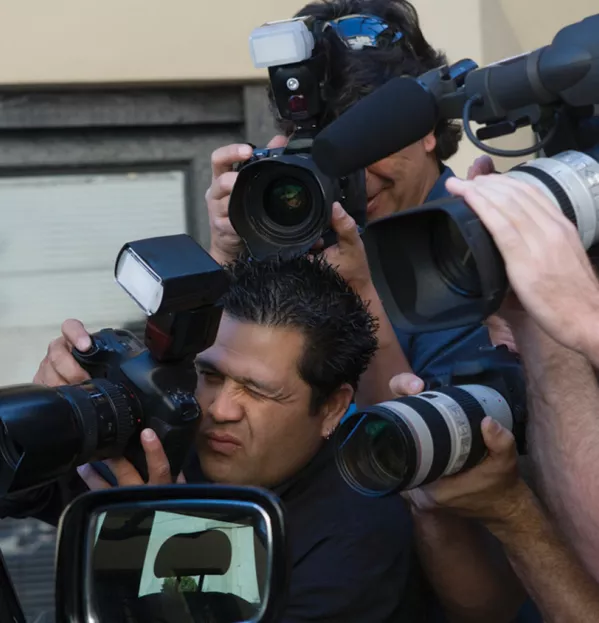There’s a saying that “familiarity breeds contempt”. Fingers crossed, then, for marriages, parent-child relationships and the strength of your love for that really expensive Hoover you bought.
Yet the opposite seems true, for better or for worse, in celebrity culture. When we know a little bit about somebody famous, particularly if we share that fascination with friends or family, we seem to want to find out more. We pore over pictures of their familiar face and fabulous fashion choices, seeking ever more in-depth access to their world.
The old adage also doesn’t seem to hold true for children and stories. I recently worked with the Scottish Book Trust on the launch of the Read, Write, Count campaign by holding a huge “gifting party” in our school to celebrate the passing on of free bags of books to every P2-3 child in Scotland.
We had used each book in our P2 and P3 classes as a “book of the week”. We would read the story every day and base all our literacy and interdisciplinary activity for the week around that text. By the day of the party, when the children knew that they would get their bags and get to take these stories home, the children knew them inside and out.
‘I’ve never seen children so excited about a book’
They had heard each story at least five times. They had written about them, created alternative front covers, summarised them, built giant cardboard versions of the illustrations. They knew every detail of the stories, could spot rhyming words, had thought about how the characters felt, and knew the illustrations upside-down. In short, there were no more surprises.
Yet I have never seen children so excited about being given a book. We counted down to the moment of gifting, when there was almost a stampede. And the excitement continued. Most of them spent their “choosing time” that afternoon poring over their own copies of these oh-so-familiar stories: reading them to each other, turning the books over and over, looking at them in minute detail. It was almost as though, by building a deep familiarity with the stories, we had conferred the books with some sort of celebrity status.
By building familiarity with the books, we had conferred them with some sort of celebrity status
The process has really made me think about how I can use this “celebritising” (did I just coin that word?) effect in other areas of teaching. Maybe we can replicate the power of celebrity but use it for something more useful.
If I trail a topic or skill, if I build up this kind of familiarity and whet children’s appetite before giving them access to it, will it also garner additional value and, therefore, deeper engagement?
Maybe we can even achieve a sort of compound celebrity effect - it worked for Bennifer and Brangelina (for a while). Numeriteracy, anyone?
Susannah Jeffries is a recently qualified primary school class teacher in Fife. She tweets as @MrsJTeaches
